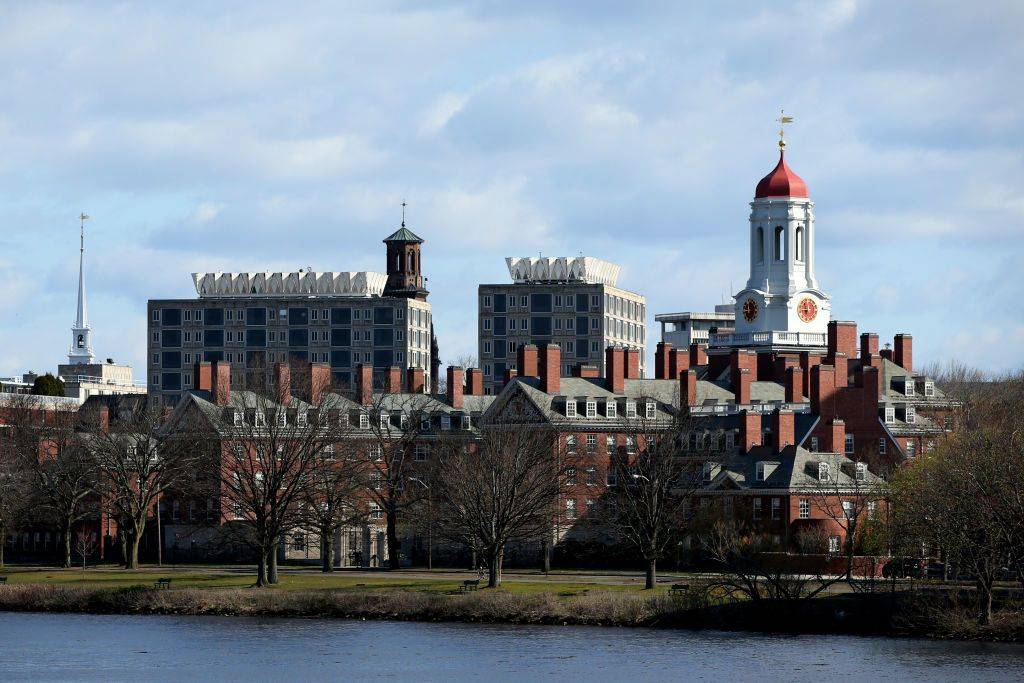China-focused private equity firms are struggling for new cash, hit by increased skepticism among U.S. pension funds and endowments about the growing political and market risks of Asia’s largest economy.
In a sign of a potential pullback, Harvard University’s endowment is considering tapering its investments in China, according to people familiar with the matter, who asked not to be named discussing private information.
A pension fund for Pennsylvania state employees hasn’t committed new cash to Chinese private equity funds in the past 12 months, while Florida’s pension system has halted new investments in China as it assesses the risks.



















With your current subscription plan you can comment on stories. However, before writing your first comment, please create a display name in the Profile section of your subscriber account page.